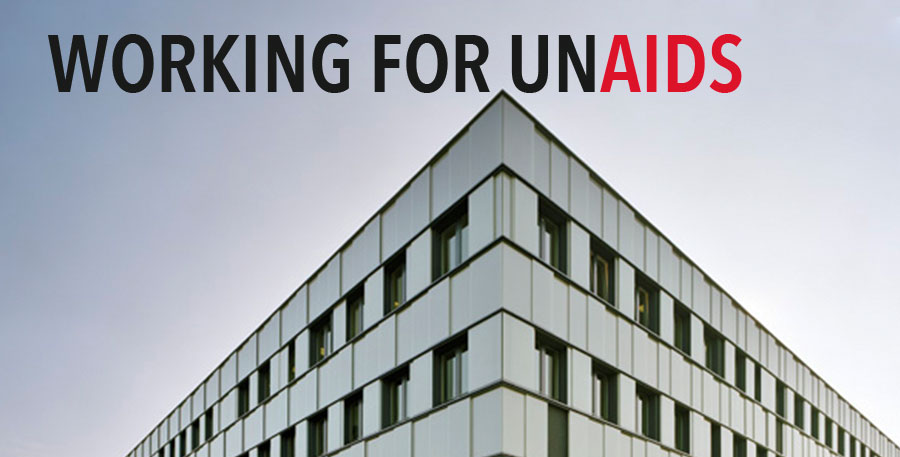
UNAIDS strongly welcomes bold, new US funding package for HIV
UNAIDS welcomes the signing into law of a bipartisan US$ 5.88 billion spending package that reinforces the continued commitment and leadership of the United States in the global response to HIV.

Multisectoral resilience to funding cuts in Guatemala
In 2025, cuts in international support for the HIV response in Guatemala and a reduced HIV allocation from the Global Fund caused immediate challenges for the HIV response. Some services were curtailed or discontinued altogether in clinics affected by the cuts, and remaining service providers struggled to absorb clients who had lost their service access. Furthermore, a substantial portion of the personnel at HIV comprehensive care units and community outreach workers that help facilitate and…
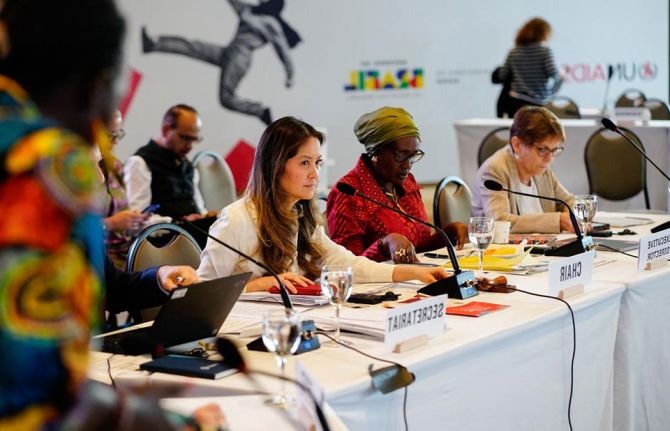
New Global AIDS Strategy and Transition Working Group adopted at UNAIDS’ 57th Board meeting
The 57th Programme Coordinating Board (PCB) meeting concluded in Brazil this week at a time of severe disruptions to the HIV response in many countries and to the work of the UNAIDS Joint Programme. In this context, the Board adopted a new Global AIDS Strategy 2026-2031 for the world, “United to End AIDS."

A decade of promoting workplace equality for people living with HIV in Spain
According to Spain’s Ministry of Health, 19% of the population report feeling uncomfortable at the idea of sharing a workplace with someone living with HIV. Similarly, the International Labour Organization’s Global Survey on HIV-related Discrimination in the World of Work (2021) revealed that a significant proportion of respondents (59.6%) supported measures that violate human rights, such as mandatory HIV testing for employment, highlighting the need to strengthen training and awareness. A…
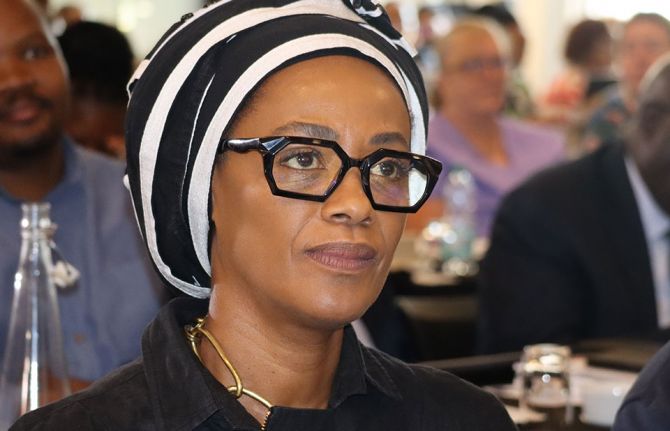
South Africa charts a new frontier by rolling out a twice-yearly injection which is almost 100% effective in preventing HIV
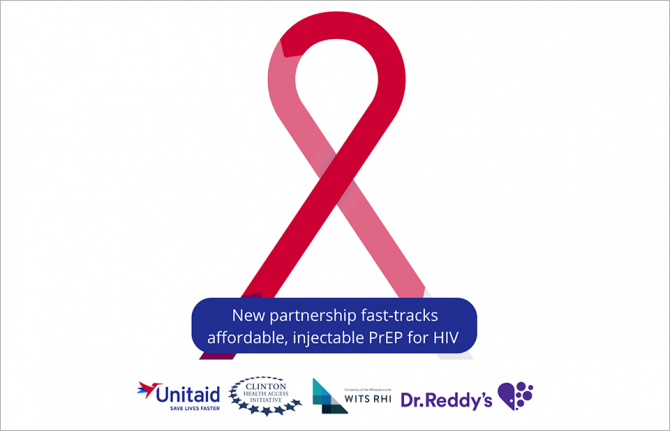
UNAIDS welcomes the announcement of new deals to make new HIV prevention medicines available and affordable for people in need
UNAIDS strongly welcomes the announcement of two new agreements to advance progress in stopping new HIV infections. UNAIDS estimates show that 1.3 million people were infected with HIV in 2024 far higher than the target of 370,000 by 2025. Lenacapavir, produced by US company Gilead, is a revolutionary new medicine that prevents HIV infection with injections just twice a year.
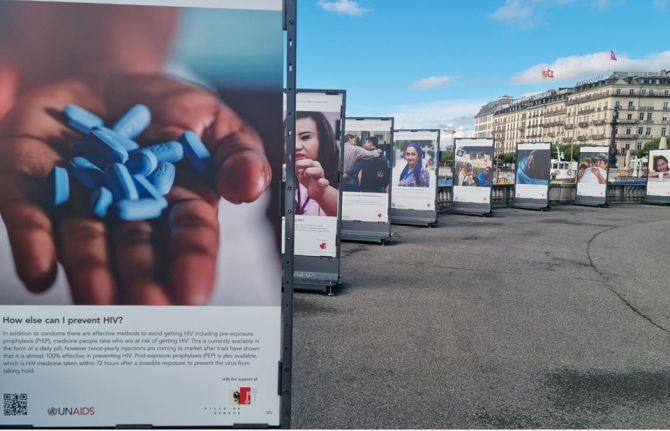
UNAIDS exhibits posters in Geneva to dispel myths and misconceptions about HIV
From 1 to 30 September, a series of UNAIDS posters is on exhibit in Geneva along the Lac Leman. The posters dispel many of the mistruths about HIV and AIDS. While many people think they may be well-informed about the virus, in reality many misconceptions continue to circulate. Forty years after the first cases of HIV were identified, misinformation, stigma and discrimination still persist. Worse still, the information gap is widening, particularly among young people who are often most…
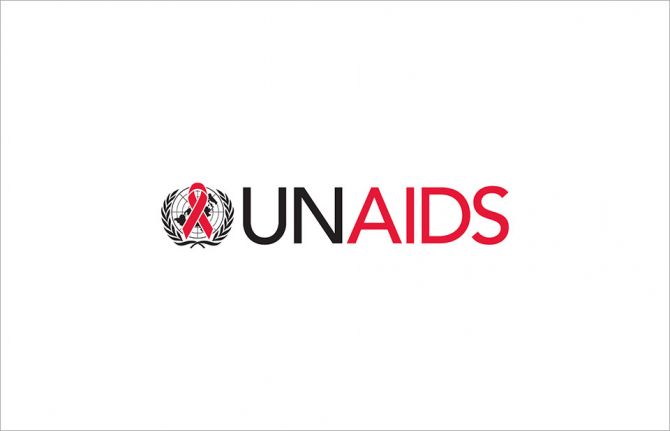
UNAIDS hails historic court ruling in St Lucia decriminalizing consensual same-sex relations
UNAIDS celebrates the groundbreaking decision by the High Court of Justice in Saint Lucia declaring sections 132 and 133 of the Criminal Code unconstitutional for criminalizing consensual adult sexual acts in private. This triumph upholds LGBTQ+ people’s rights to protection of the law, privacy, non-discrimination, freedom of expression, and equal protection under the law, as guaranteed by the Constitution.

UNAIDS commends Côte d’Ivoire’s commitment to increase domestic funding for HIV
GENEVA/ABIDJAN, 24 July 2025—UNAIDS welcomes the announcement by the government of Côte d’Ivoire to close the funding gap for HIV following cuts from international donors. The Government has committed to invest US$ 60 to 65 million in 2025 and US$ 80 to 85 million from 2026 onwards to maintain critical lifesaving HIV services. These funds are essential to sustain and strengthen the quality of HIV services as part of a nationally owned and led effort to end AIDS in Côte d’Ivoire.
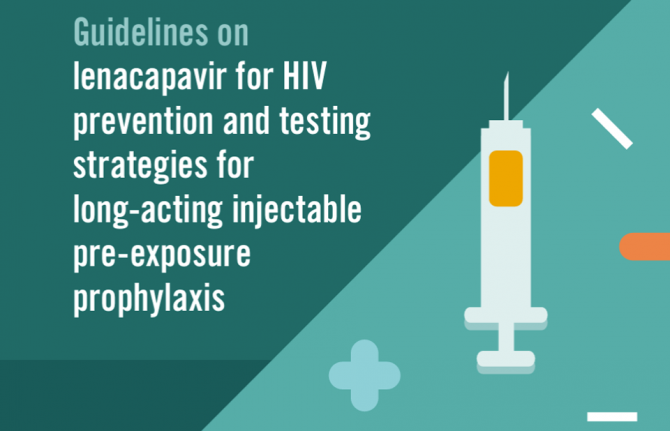
UNAIDS welcomes new WHO guidelines on Lenacapavir
Lenacapavir–a long-acting, six-monthly injectable antiretroviral medicine manufactured by Gilead Sciences–is now recommended by the World Health Organization as an additional HIV prevention choice as part of combination HIV prevention approaches.


